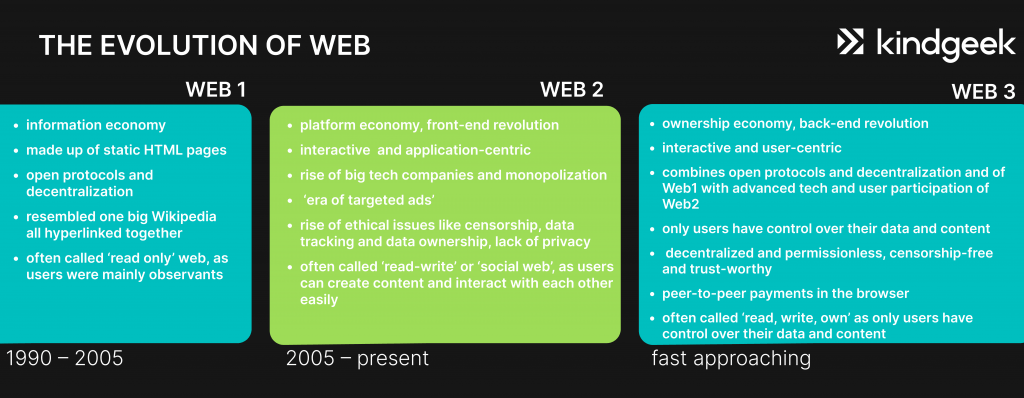Blggzz: Your Daily Dose of Insight
Stay updated with the latest news and informative articles.
Betting in the Blockchain: A Leap into Web3's Future
Discover the thrilling world of blockchain betting and how it's reshaping the future of gambling in the Web3 era!
Understanding Blockchain Technology in Betting: How It Works
Understanding blockchain technology is essential for grasping how it is revolutionizing the betting industry. At its core, blockchain is a decentralized digital ledger that records transactions across multiple computers, ensuring that the recorded data is immutable and transparent. This technological innovation greatly enhances security and trust among users. In the context of betting, blockchain allows for real-time transaction processing, meaning users can place bets and receive payouts almost instantaneously, without the need for intermediaries. This reduces the risk of fraud and ensures that bettors can have greater confidence in the integrity of the betting platform.
Furthermore, blockchain technology introduces a level of transparency that traditional betting platforms struggle to achieve. Smart contracts, which are self-executing contracts with the terms directly written into code, allow for automatic and trustless transactions. For example, once a game's outcome is verified, the winnings can be distributed automatically, minimizing disputes over payouts. Additionally, users can verify the fairness of the betting outcomes themselves thanks to the accessible nature of blockchain data. As a result, the combination of transparency, security, and enhanced efficiency makes blockchain technology a game-changer in the world of betting.

Counter-Strike is a popular tactical first-person shooter game where players assume the roles of either terrorists or counter-terrorists. The gameplay requires teamwork and strategy, as players engage in objective-based missions. For those interested in gaming promotions, you can check out the cloudbet promo code to enhance your gaming experience.
The Advantages of Betting on the Blockchain: Security and Transparency
Betting on the blockchain brings a new level of security that traditional betting platforms simply cannot match. With blockchain technology, every transaction is recorded on a decentralized ledger, making it nearly impossible for hackers to alter any data. This inherent security feature provides users with the confidence that their funds and personal information are safe from prying eyes. Additionally, blockchain's cryptographic techniques ensure that all transactions are transparent and verifiable, allowing users to audit their betting history at any time.
Furthermore, the transparency offered by blockchain betting platforms significantly enhances user trust. Since all transactions are executed on a public ledger, both players and operators can verify that no manipulation occurs behind the scenes. This level of accountability helps to foster a fair betting environment, as users can rest assured that outcomes are not tampered with. In essence, the merger of security and transparency in blockchain betting not only elevates the user experience but also promotes a more trustworthy gambling ecosystem.
Is Web3 the Future of Betting? Exploring the Benefits and Challenges
The advent of Web3 technology presents a transformative shift in various industries, including the betting landscape. By leveraging blockchain technology, decentralized applications (dApps), and smart contracts, Web3 aims to enhance transparency and security in online betting. Unlike traditional betting platforms that often involve intermediaries, Web3 enables peer-to-peer transactions, reducing overhead costs and increasing the potential for user profit. Additionally, with decentralized systems, users can maintain control over their data and financial assets, promoting a more trustworthy betting environment.
However, the transition to Web3 betting is fraught with its own set of challenges. For one, the regulatory landscape is still evolving, creating uncertainties for users and operators alike. Furthermore, the technology can be complex, with many users unfamiliar with how blockchain works, potentially hindering widespread adoption. Issues like transaction speed and scalability also need addressing to ensure a seamless betting experience. As the Web3 ecosystem matures, the balance between its benefits and challenges will shape its future in the betting industry.